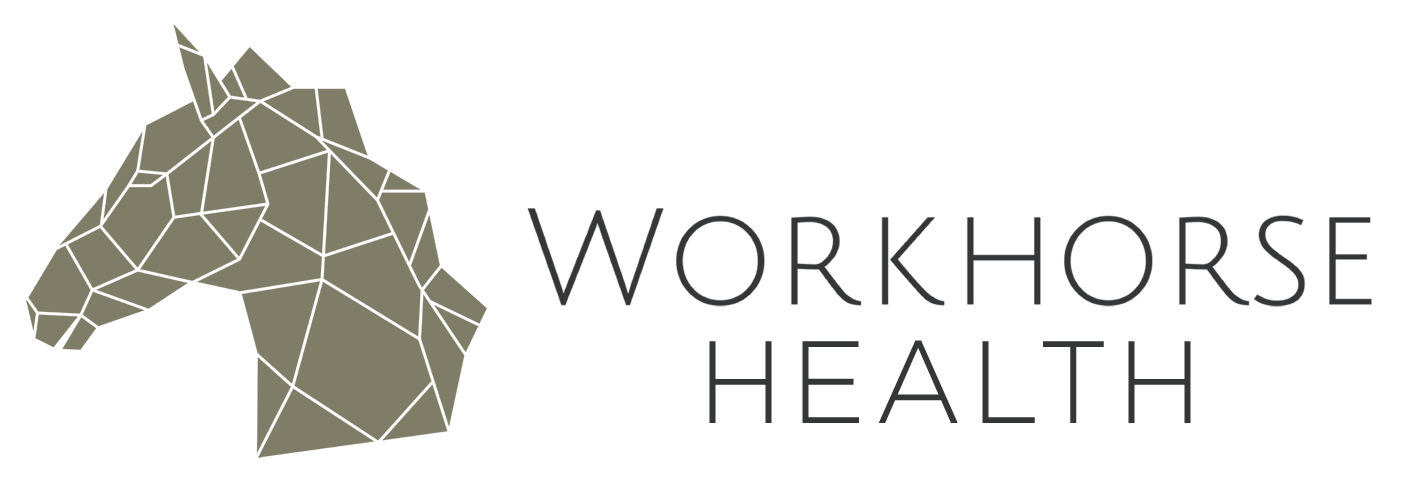Navigating the Emergency Department: 18 things you need to know about the ED in the GTA
During the last 12 years serving client families in Toronto-area Emergency Departments, Critical Care settings and outpatient clinics, I’ve learned this:
- Emergency Department medical care is available to your loved one at no cost regardless of OHIP status, including visitors to Canada.
- Emergency Department staff cannot refuse to provide medical care to your loved one, whereas family physicians, walk-in-clinics, and specialists can choose which patients they serve (for example, in the case of oncology, psychiatry, and cardiology).
- Emergency Department care formally begins at Registration; this is where you help your loved one provide their health card and verify address and birthdate.
- Emergency Department staff create a medical record that describes the medical care of your loved one in detail. This record is stored electronically at the hospital and can be easily accessed at the time of a future visit.
- Emergency Department medical records are accessible to any hospital staff using a unique login and password.
- Emergency Department staff can add an additional layer of security to your loved one’s medical record. If your loved one would like this privacy feature, ask for the chart to be “locked.” This means that all staff in the hospital at the time of the ED visit, and in the future visits, have to click through an additional verification screen which is audited more closely than an unlocked chart.
- Emergency Department Triage is where your loved one’s vital signs are recorded by a Registered Nurse (1. temperature 2. blood pressure 3. oxygen saturation).
- Emergency Department staff find it helpful if you provide written documentation from other healthcare providers in the form of a prescription pad note, a copy of an email, or a timeline describing symptoms that you have observed. Provide these documents to the Triage Nurse, and keep a copy for your own records.
- Emergency Department staff will ask your family member the following questions, and it is helpful for them if you can also provide your perspective.
-”How long has this [issue] been going on?”
-”Rate your pain on a scale of 1-10.”
-”Please describe your symptoms.”
“Have you been treated for this [issue] before?” - Emergency Department Triage Nurse will ask if your family member has a primary care provider. You may also be asked this by the physician. This is because staff want to ensure that the provider who knows you best is given the information about the ED visit so they can best support you after you leave.
- Emergency Department wait times vary widely. Trends do exist around time-of-day, weekends, school holidays, weather, season, and lunar cycle stage.
- Emergency Department doctors specialize in emergency care. Following medical school and medical residency, they attended for an additional year of study to learn Emergency Medicine.
- Emergency Departments can be busy, loud, calm, quiet, chaotic, organized – none of which have any bearing upon what time your family member is assessed by a physician, or how long your family will wait.
- Emergency Departments may announce via hospital intercom “Code Blue” or “Code White,” overhead. You may hear this repeated 3x. It means that staff across the hospital need to follow specific procedures, according to the colour called. If you hear these colours announced, simply follow any instructions provided to you by hospital staff.
- Emergency Department physicians begin their shift in the acute zone when they are most fresh, rested, and prepared for the most severe patient traumas.
- Emergency Departments have two common outcomes: the first is your loved one is admitted to hospital for inpatient care, the second is they are discharged home.
- Emergency Department staff will tell you that if you have any concerns about your family member’s well-being, you should bring them back for re-assessment.
- Emergency Department medical care is not available for your family member outside of the Emergency Department proper (exceptions are air or ground ambulance).
Do you have questions about the care of your loved one? Rest assured, Workhorse Health can help your family navigate healthcare at 1-647-905-5080 or contact@workhorsehealth.com.
